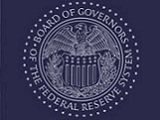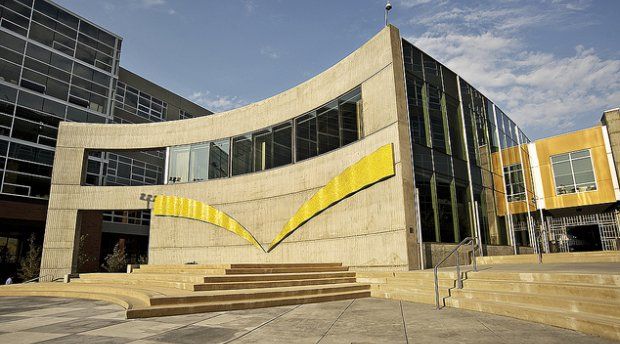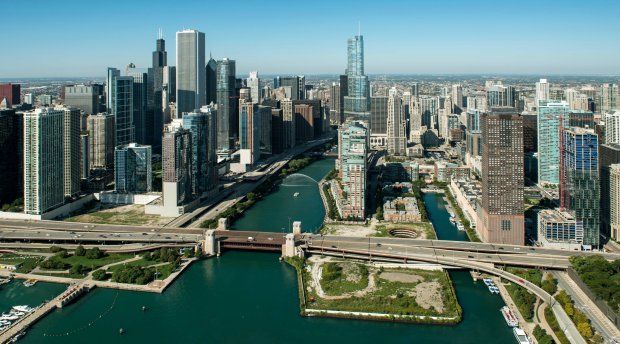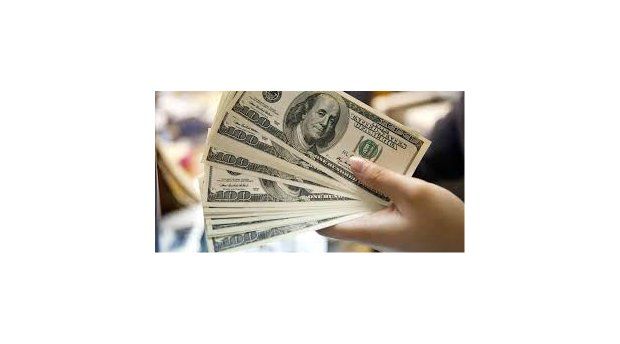Will Federal Reserve’s Rates Go Up as Unemployment Goes Down?
Post Views 1The U.S. Federal Reserve’s low interest rate may be a little too low. According to Narayana Kocherlakota, president of the Minneapolis Federal Reserve Bank, the rate may have to increase if unemployment continues to wane. Kocherlakota, speaking at Washington University in St. Louis, told reporters that the change could happen before the end of this year.
America’s unemployment rate is currently at around 8.3 percent but may fall a full percent by late 2013. This drop leads Kocherlakota and other experts to surmise that inflation will grow, thereby necessitating the rate adjustment. This is apparently not a popular belief, as the U.S. central bank is anticipating a sluggish economy to keep the rates low all the way through 2013 and most of 2014. Its interest rates have been close to zero for over three years, and it has secured 2.3 trillion dollars in long-term securities in an effort to keep borrowing costs down.
Federal Reserve Chairman Ben Bernanke, who spoke at George Washington University, argued against prematurely removing the stimulus and stated that the purchase of bonds remained a viable option.
“You need to be attentive to where the economy is and not move too quickly to reverse the policies that are helping the recovery,” Bernanke said.
Kocherlakota, however, disagreed. He did not see the need for “additional accommodation,” such as purchasing long-term securities. With Bernanke’s warning in mind, Kocherlakota was mindful of the concerted effort that should be placed into such a decision: “That’s not something that’s going to happen in two meetings. You want to be deliberate and thoughtful about when you would want to take that step.”
According to the bank president, the Federal Reserve Bank has maintained inflation and prevented a significant drop, but has been unable to incite a surge in employment. The U.S. central bank, Kocherlakota believes, is performing adequately in terms of monetary steadiness and full employment, but it could be aided by subsidies’ work on unfavorable circumstances with regard to credit, which seems to be why so many companies have not been adding jobs. Subsidies, however, would require an even lighter monetary policy from the Federal Reserve System.
Kocherlakota said that, as the subsidies might manage to keep inflation from rising, he would, in theory, be in favor of further adjustments in policies should the hiring of subsidies be implemented. This is the very thing addressed by the San Francisco Federal Reserve Bank in a paper recently released that discussed the potential benefits of hiring subsidies.
Waning unemployment and what looks to be improvement for housing data are two reasons that some traders don’t have high expectations of the Federal Reserve System buying more bonds. Many believe that the Federal Reserve will raise the interest rates much sooner than has been implied.
Will Federal Reserve's Rates Go Up as Unemployment Goes Down? by Harrison Barnes



 Top Canadian Companies You Want to Work For
Top Canadian Companies You Want to Work For  Amazon May Have a Better Grasp on Workplace Culture
Amazon May Have a Better Grasp on Workplace Culture  November Posts Another Strong Job Report
November Posts Another Strong Job Report  Chicago’s Top Tech Companies
Chicago’s Top Tech Companies  US Dollar Gaining Momentum
US Dollar Gaining Momentum  Expected Changes in 2016 to the Workplace
Expected Changes in 2016 to the Workplace  2006-2015 Median Weekly Earnings of Full-Time Workers in the United States
2006-2015 Median Weekly Earnings of Full-Time Workers in the United States